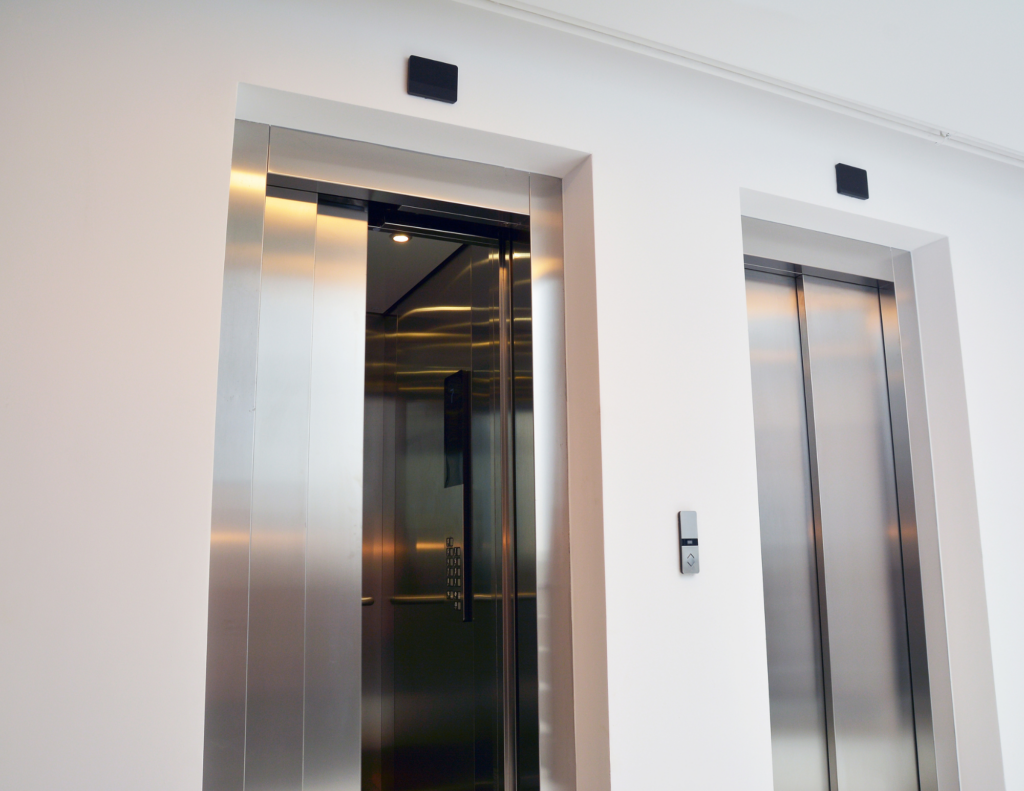
Commercial buildings rely on elevator monitoring to ensure the safety of their tenants and confirm that their elevators are well-maintained and running efficiently.
Traditional landline phones, commonly referred to as plain old telephone service (POTS), used to play a pivotal part in elevator monitoring and were relied on to serve as an emergency communication system. These dedicated landline phones connected directly to the building’s security desk or an outside monitoring service. For example, when someone got stuck in a malfunctioning elevator, they would press the emergency button to activate the landline and trigger an alarm.
But in today’s increasingly digital landscape, Telcom companies are swiftly doing away with these analog lines. Instead, new regulations now require two-way video communication systems in elevators to improve emergency response. As traditional landlines continue to be phased out, many commercial building operators must transition to alternative communication methods and are opting to replace them with more cost-effective cellular solutions.
Cellular-based systems use mobile networks to transmit emergency calls. They are more resilient to respond to physical disruptions, such as power outages or damaged wiring. We at SMG Security Holdings are proficient in implementing cellular telephone solutions that make transitioning away from traditional landlines painless and profitable. Commercial properties are benefiting from the enhanced safety and security these cellular-based monitoring solutions provide. Reliability, for example, is improved because, unlike traditional landline-based emergency call systems that can fail during power outages or infrastructure damage, cellular systems ensure that emergency calls from elevators stay connected, even if the building’s main communication lines go down.
Connectivity with cellular is continuous, facilitating real-time monitoring that instantly alerts technicians to any malfunctions, mechanical failures, or unauthorized access. Cellular networks also enable building managers to monitor elevators, control access points, and update security settings remotely. In terms of cybersecurity and data encryption, advanced cellular systems integrate encryption protocols to protect the transmission of data and prevent unauthorized access to elevator control systems. And, unlike landlines which can be cut, cellular-based systems eliminate the risk of physical tampering thereby maintaining uninterrupted communication.
Commercial building operators and property management personnel know well how crucial elevator safety is. Malfunctions like stuck doors, sudden drops, or misaligned floors can cause serious injuries. Ensuring that elevators comply with safety codes guarantees a secure ride, reduces the risk of entrapment or mechanical failures, and helps commercial building owners meet the strict guidelines set by organizations such as the American Society of Mechanical Engineers (ASME) and Occupational Safety and Health Administration (OSHA).
Fill out the form below to learn more about how we can modernize your elevator security, reduce costs, and transition you safely and securely away from outdated infrastructure.



